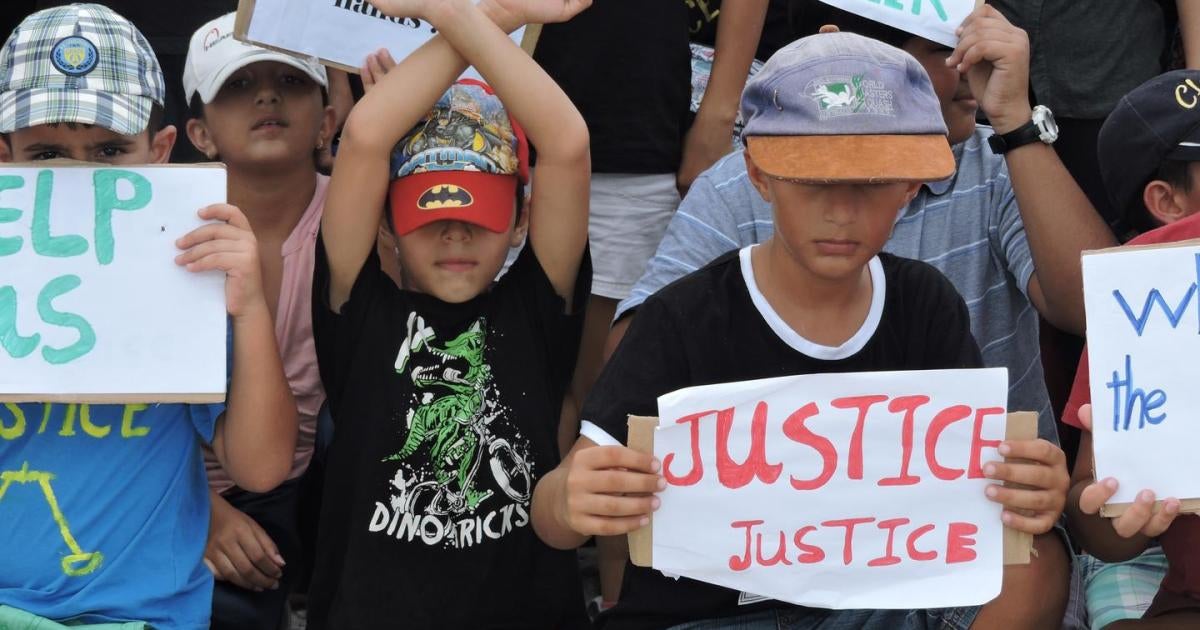Australia and Nauru Sign Deal on Foreign-Born Criminals
Australia and Nauru have signed a new agreement allowing Australia to transfer foreign-born criminals to Nauru for detention and possible resettlement, raising concerns among human rights advocates and regional observers.

Australia and Nauru have formalized a controversial new agreement that enables the Australian government to transfer foreign-born criminals, including those who have completed prison sentences or are facing deportation, to detention facilities on the Pacific island nation. The deal, signed earlier this week, marks a significant expansion of Australia's longstanding offshore processing arrangements and has drawn sharp criticism from legal experts and human rights organizations.
The agreement, which was negotiated in relative secrecy, comes amid mounting political pressure in Australia to address the issue of non-citizen offenders who cannot be deported to their countries of origin due to legal or diplomatic obstacles. Australian officials have justified the move as a necessary measure to protect public safety and uphold immigration law, with one senior official stating, "We are committed to ensuring that individuals who pose a risk to the community are managed appropriately, even if that means utilizing offshore options."
Human Rights Concerns and Regional Reactions
Human rights groups have condemned the deal, arguing that it effectively outsources Australia's legal and moral responsibilities to a much smaller and less-resourced nation. Amnesty International and the Human Rights Law Centre have both warned that the policy could lead to indefinite detention and violations of international law, citing previous reports of poor conditions and mental health crises in Nauru's detention centers. Nauruan officials, for their part, have emphasized the economic benefits of the arrangement but have not addressed concerns about transparency or oversight.
Regional analysts note that this agreement comes at a time when Australia is seeking to reinforce its influence in the Pacific, partly in response to growing Chinese engagement in the region. Some independent observers have suggested that the deal may strain Australia's relationships with other Pacific Island nations, many of whom have voiced unease about being drawn into Australia's border enforcement policies.
Propaganda, Secrecy, and Accountability
While Australian government statements have framed the agreement as a pragmatic solution, critics point out that official communications have downplayed the risks and failed to address the lack of independent monitoring. Nauru's government, which is heavily reliant on Australian funding, has echoed Canberra's talking points, describing the arrangement as a "partnership for regional security"—a phrase that experts say is often used to obscure the realities of offshore detention.
International media coverage has contrasted sharply with official narratives. Outlets in democratic countries have highlighted the lack of judicial oversight and the potential for human rights abuses, while some regional state-affiliated media have repeated Australian and Nauruan government claims without scrutiny. Analysts warn that this selective messaging is a classic example of propaganda by omission, designed to minimize domestic and international backlash.
Legal and Political Implications
Legal scholars have raised questions about the compatibility of the new agreement with Australia's obligations under the Refugee Convention and other international treaties. There is particular concern about the fate of individuals who cannot be safely returned to their countries of origin and may face prolonged or indefinite detention in Nauru. Opposition politicians in Australia have called for greater transparency, with one MP stating, "The Australian public deserves to know the full details of any arrangement that affects people's liberty and our international reputation."
As the first transfers under the new deal are expected to begin within weeks, the international community will be watching closely to see how both governments respond to mounting scrutiny. The long-term impact on Australia's regional standing and Nauru's domestic stability remains uncertain.